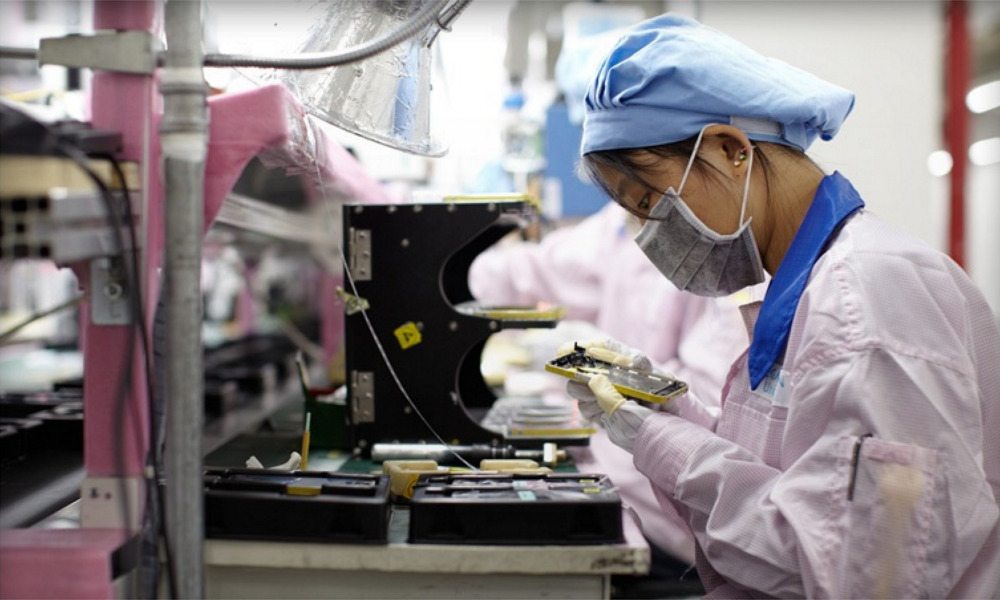Report: iPhones Will Cost This Much More If They’re Made in the U.S.
 Credit: 9to5Mac
Credit: 9to5Mac
Toggle Dark Mode
You may think iPhones are expensive now. But if they were assembled in the U.S., they could cost consumers a lot more.
- A Bank of America Merrill Lynch report (via CNBC) indicates that if Apple moved just 10 percent of its iPhone assembly to the U.S., iPhone prices would rise about 8 percent.
- The price increase would be a result of the need to offset “incremental labor costs.” If Apple were to move 50 or even 100 percent of its iPhone assembly operations to U.S. plants, the cost per iPhone could rise by 14 and 20 percent respectively.
The report comes just days after President Donald Trump tweeted that Apple should “make (its) products in the United States instead of China.”
President Trump said moving assembly operations to the U.S. would be “an easy solution” for Apple to avoid any price increases that “may” result from the tariffs that the administration “may be imposing” on China.
A day before the president’s tweet, it was revealed that Apple sent a letter to the U.S. trade representative stating that Trump’s proposed $200 billion tariffs would affect the Apple Watch, AirPods, Mac mini and Apple Pencil.
This isn’t the first time Apple has been targeted by President Trump, who has long called on Apple to make its products in the United States.
But the letter was the first time that Apple saw itself in the crosshairs of a brewing U.S.-China trade war. Previously, many analysts agreed that Apple wouldn’t be directly impacted by the tensions because of its unique position in the U.S. and Chinese economies.
In response to President Trump’s pressure, Bank of America Merrill Lynch analyst Wamsi Mohan said that Apple could move a “small portion” of its manufacturing stateside.
The “most likely” scenario would be a 10 percent shift in production which, as mentioned earlier, could result in the average selling price of iPhone increasing by around 8 percent.
But Mohan thinks it’s unlikely that Apple will shift more production operations to the U.S. due the higher cost of labor. As the analyst points out, the average wages for a U.S. worker are 2.6 times more than a Chinese worker.






